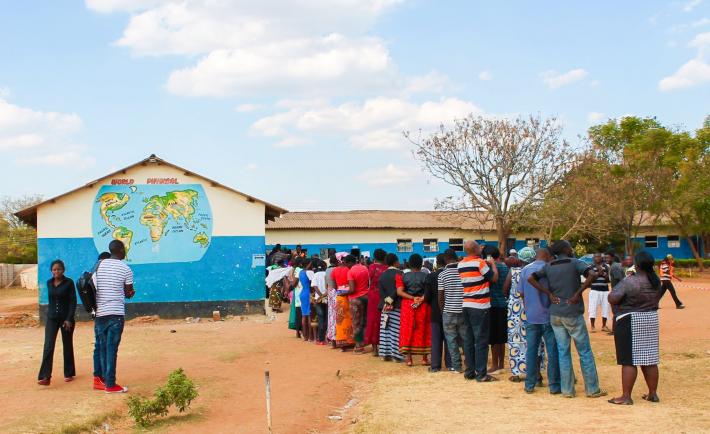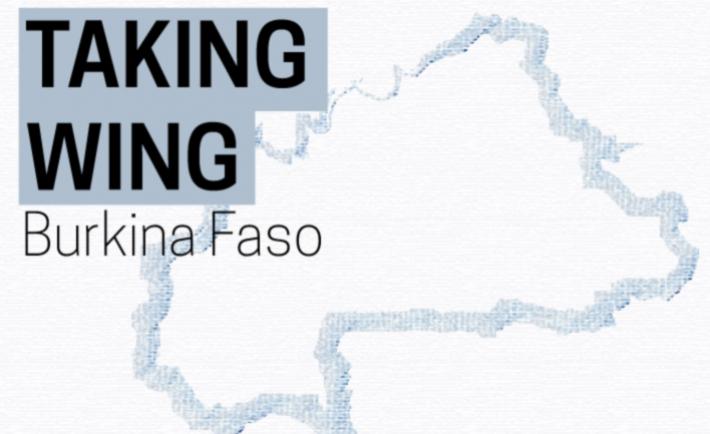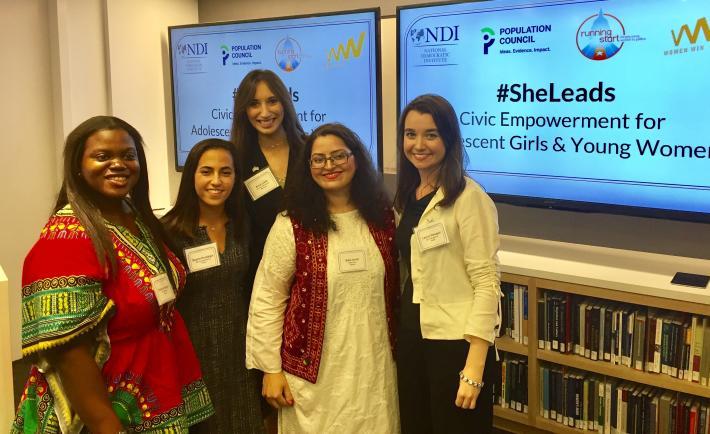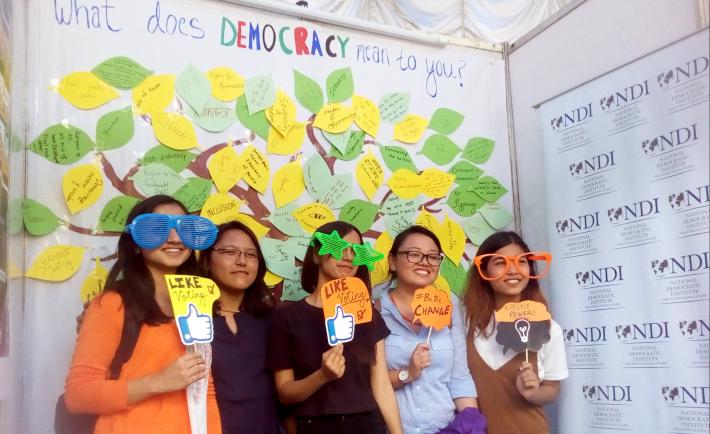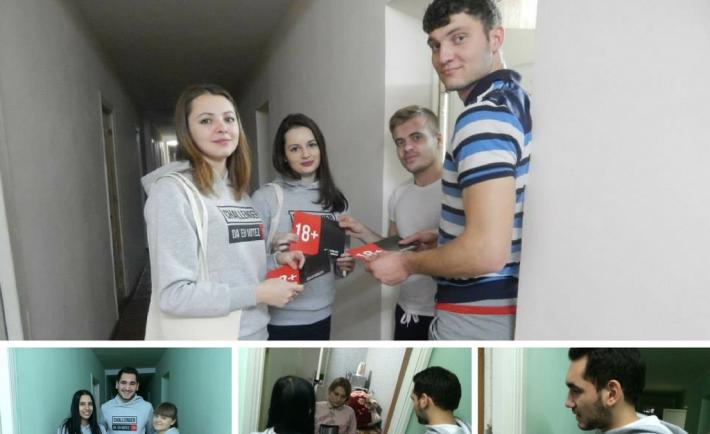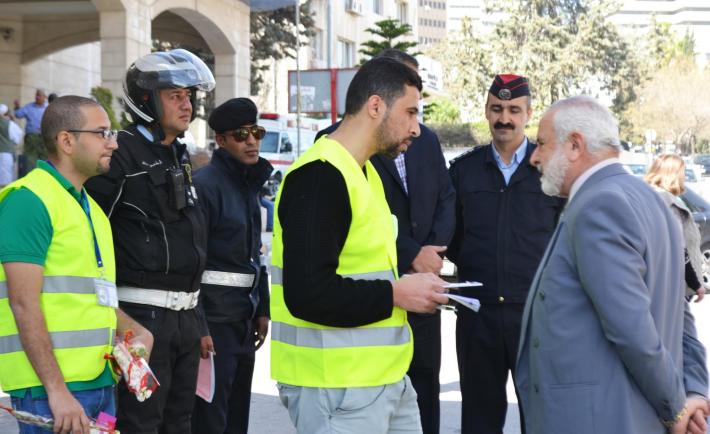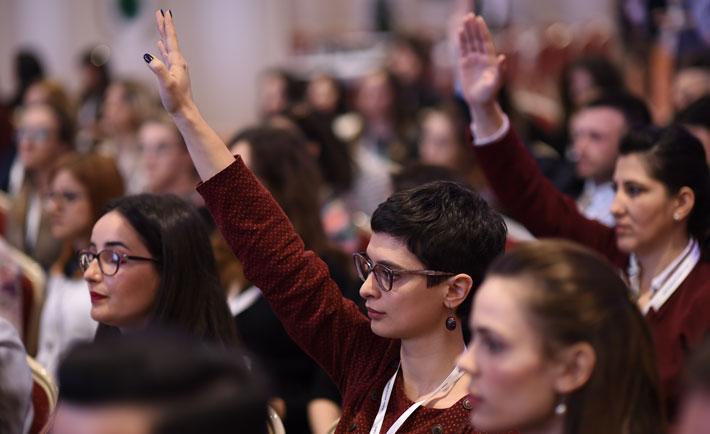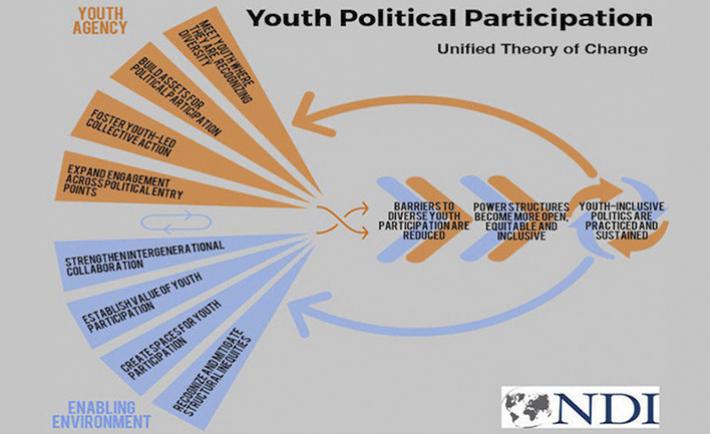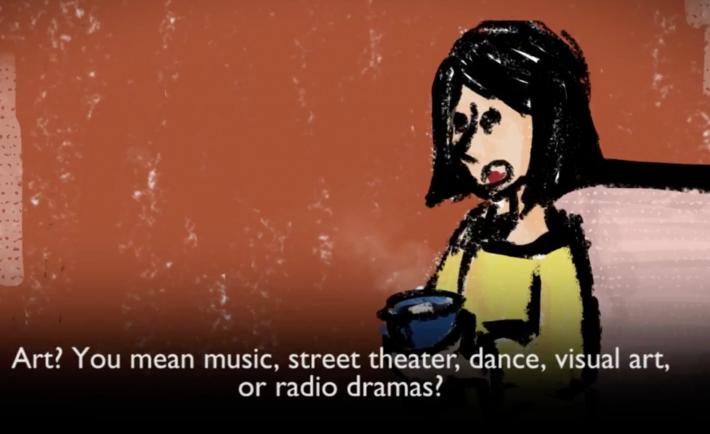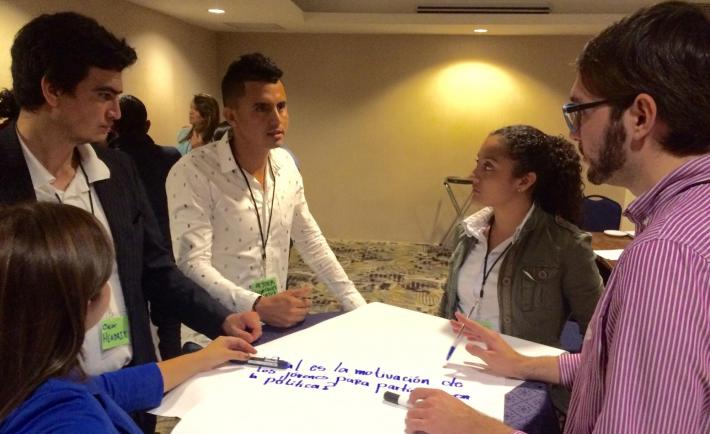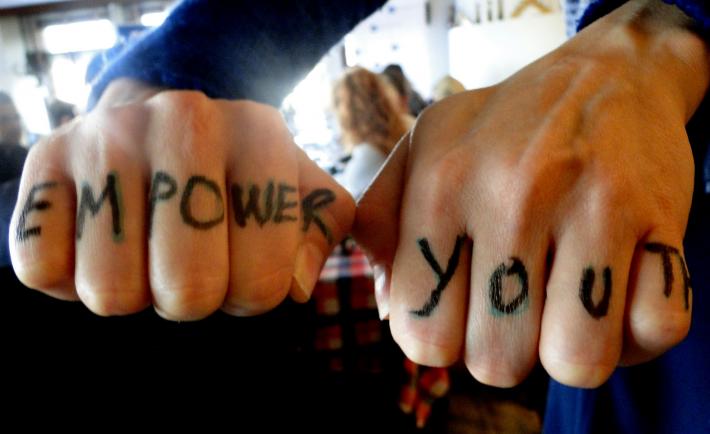Today’s youth are at a critical juncture. The current young generation — the largest in global history — is disproportionately affected by unemployment, insufficient access to education, violent conflict and a number of other challenges. Surging youth activism and leadership has the potential to change the world. Accordingly, young people are increasingly being recognized as indispensable agents for sustainable development and the source of a demographic dividend.
Eager to play a role in changing their communities and nations for the better, many young people have become frustrated with political processes that seem out of reach, out of touch and ineffective, and have since turned to other ways to give back to their communities. To encourage youth to “opt-in” to the state, governments need to give them more than a seat at the table to address matters affecting their lives, they need to hear their voices.
Today’s youth are at a critical juncture. The current young generation — the largest in global history — is disproportionately affected by unemployment, insufficient access to education, violent conflict and a number of other challenges. Surging youth activism and leadership has the potential to change the world. Accordingly, young people are increasingly being recognized as indispensable agents for sustainable development and the source of a demographic dividend.
Eager to play a role in changing their communities and nations for the better, many young people have become frustrated with political processes that seem out of reach, out of touch and ineffective, and have since turned to other ways to give back to their communities. To encourage youth to “opt-in” to the state, governments need to give them more than a seat at the table to address matters affecting their lives, they need to hear their voices.

_1_0.jpg)
